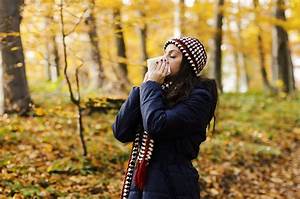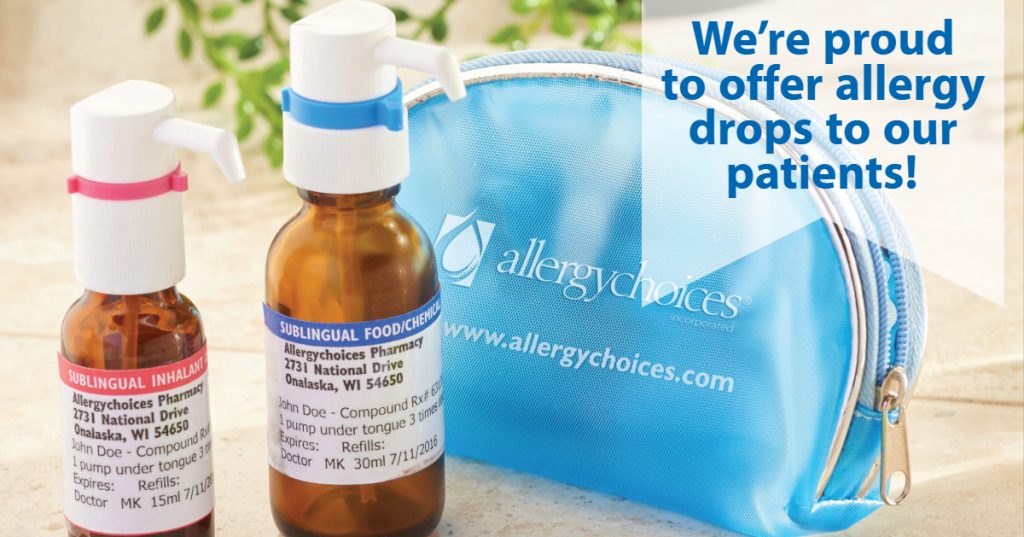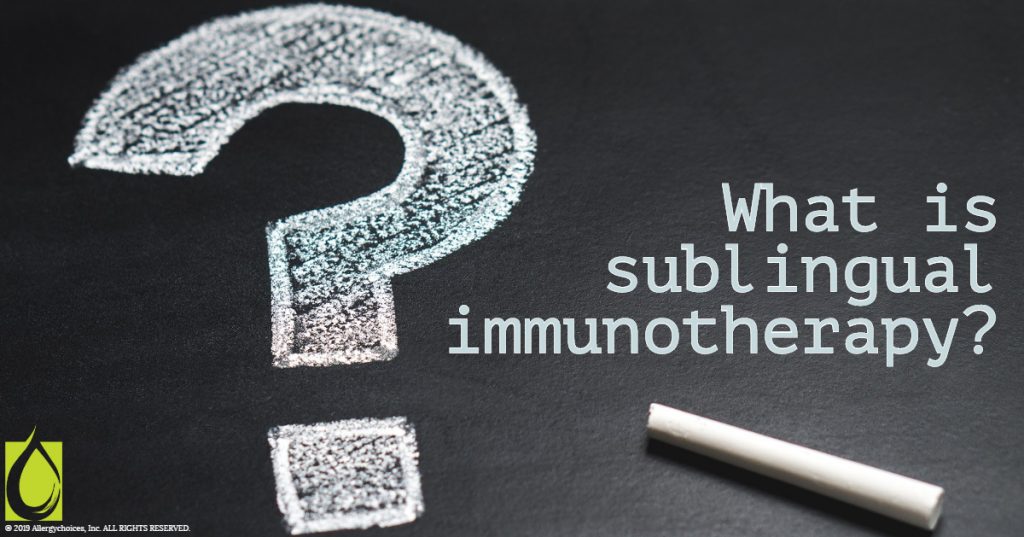
Allergies don’t only crop up in the spring. The persistent sniffles, clogged nose, itchy eyes and sneezing also happen in the fall — and, experts say, they are getting more common, and more intense.
Don’t Wait For Fall Allergy Symptoms!
“What a lot of people don’t realize is that the allergy seasons have almost doubled in length and gotten more intense because of climate change,” said Kenneth Mendez, the president and chief executive of the Asthma and Allergy Foundation of America. Higher carbon dioxide emissions spur plants to release larger amounts of pollen, he said. “That’s why allergies are feeling a lot worse.”
Common Fall Allergens
The most common culprit for fall allergies is ragweed, a plant that grows wild almost everywhere, but especially on the East Coast and in the Midwest. Ragweed blooms and releases pollen from August to November. In many areas of the country, ragweed pollen levels are highest in early to mid-September.
Other plants that trigger fall allergies include:
· Burning bush
· Cocklebur
· Lamb’s-quarters
· Pigweed
· Sagebrush and mug wort · Tumbleweed and Russian thistle
Allergy Drops at Carolina Total Wellness
Carolina Total Wellness offers effective allergy treatment for both indoor and outdoor allergies through sublingual immunotherapy drops formulated just for you to safely and conveniently treat the cause of your allergies.
How Allergy Drops Work
Sublingual immunotherapy, also called allergy drops, works similar to allergy shots by gradually helping your body build tolerance to the substance(s) causing your allergies. The difference is that the antigen is placed under your tongue in a liquid drop form instead of an injection.
What kind of allergies can be treated with allergy drops?
One of the benefits of sublingual immunotherapy is that it can treat a broad range of allergies, including those caused by:
· Dust mites
· Mold
· Animals
· Foods
· Seasonal pollens such as grass, trees, ragweed, and mountain cedar, etc.
Who should take Allergy Drops?
Anyone interested in treating the cause of their allergic disease, instead of just temporarily managing symptoms, can consider allergy drops.
· Infants and children*
· Asthmatics
· People with highly sensitive conditions including EoE
· Those who don’t like needles
· Those with chronic conditions including sinusitis and eczema
· Those with food and mold allergies
· Those with multiple allergies including dust mites, pollen, foods, and animals
* Allergy drops have proven especially helpful for children with eczema and recurrent ear infections, which often have underlying allergic causes. Research shows that many children with untreated eczema and allergies often develop asthma and other chronic conditions later in life, so treating them early can have life-long benefits and may prevent development of other allergies and asthma.
What are the advantages to Allergy Drops?
In addition to being a viable option for people of all ages and conditions, there are more advantages:
Lower cost, fewer clinic visits. Compared to shots and many medications, allergy drops typically cost less over time. Most patients receiving allergy drops need only a few clinic visits the first year, and then once every 6-12 months thereafter until visits are no longer needed. That can also mean a lot less time away from work or school.
More convenient. You can take allergy drops at home or wherever you are, making it much easier to stay with your treatment.
Less medication. Our patients report, and research confirms, that they typically need less medication to control symptoms after beginning allergy drops.
Enjoy healthier days. The end benefit of taking drops consistently? Feeling better, more productive and better able to enjoy life and activities that allergies once made it hard to enjoy.

INITIAL ADULT AND PEDIATRIC PATIENT ALLERGY DROPS VISIT: $300
Please allow 45 minutes for your initial visit which will include consultation with your physician or physician assistant, physical exam and discussion of allergy testing. Skin prick testing will be performed at this visit and results and interpretation will be discussed. Prescription will be provided for allergy drops and we will review how to administer these at home.
FOLLOW UP ALLERGY DROPS VISIT: $85
Please allow 15 minutes for your follow up allergy visits. This will include review of your allergy symptoms and immunotherapy plan of treatment as well as new 3-month prescription for allergy drops. Follow up visits are recommended every 3 months for the first year and then every 6 to 12 months for the subsequent 2 to 4 years, depending on your response to treatment.
FOLLOW UP ALLERGY SKIN PRICK TESTING: $125
We recommend follow up skin prick testing for environmental allergies every 12 months to assess progress of immunotherapy and adjust your prescription allergy drops as needed.
To schedule, please call us at 919-999-0831









